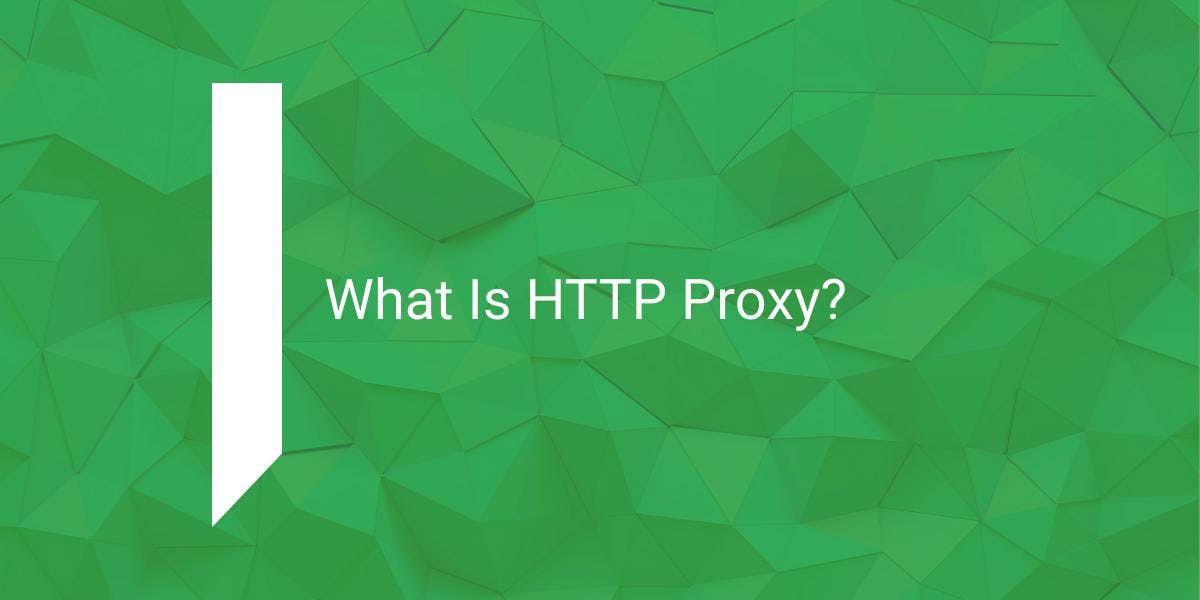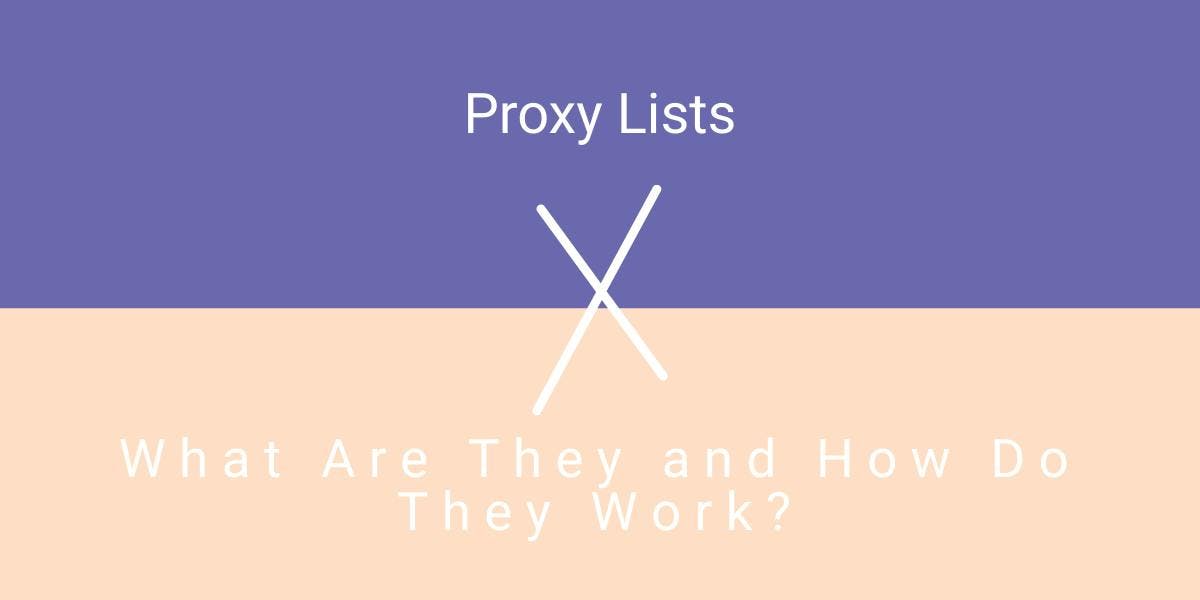What Is HTTP Proxy?
Flipnode on Apr 26 2023

The foundation of data exchange on the internet is Hypertext Transfer Protocol (HTTP), which was developed in the 1990s. Over time, this protocol has evolved and become an integral part of the internet.
This article will explore the definition of an HTTP proxy, its functionality, and the advantages of various configurations.
What is HTTP?
HTTP is the protocol that enables the transfer of files over the internet by initiating communication between a client and a server. Its importance lies in its ability to allow the transmission of various media files such as sound, images, and videos, making it a vital component of the World Wide Web.
HTTP is described as "stateless and connectionless" and is available in two versions: HTTP/1.0 and its updated version, HTTP/1.1. The latter can reuse connections multiple times, while the former requires separate connections each time.
HTTP cookies are another term that you may have encountered while web scraping.
What is an HTTP proxy server?
In essence, the HTTP proxy functions as a high-speed content filter that manages the flow of traffic between the client browser and the web server. By acting as an intermediary, any traffic passing through the server appears to originate from its dedicated IP address, rather than the device associated with it.
Another advantage of using an HTTP proxy server is the potential to save bandwidth through web traffic compression, caching of internet files and pages, and minimizing ad volume that reaches the user's computer. This is particularly useful for businesses accessing ad-heavy websites, such as those owned by news corporations.
Moreover, HTTP proxies can facilitate multiple users to access the same connection simultaneously, making them an ideal option for larger companies. Adding an HTTP proxy server on the organization's public web server can also provide an additional layer of security by preventing unauthorized file storage.
An HTTP proxy server can also function as an HTTP tunnel, establishing a network link between devices with limited network access, such as firewalls. HTTP tunnels can be used for penetration testing firewalls.
How does HTTP proxy work?
In the current era, businesses face a constant threat of cyberattacks from malicious actors. To mitigate this risk, an HTTP proxy server can be a valuable asset. By filtering out suspicious activity over your connection, an HTTP proxy server can quickly detect and block potential attacks from external networks.
Additionally, an HTTP proxy server examines the source of web traffic before sending it to an internal web client. This process reduces the likelihood of harmful content entering your network and prevents buffer overflow attacks.
Companies can customize the ruleset of an HTTP proxy server to align with their business requirements. The configuration can be set up for various purposes, which will be discussed in detail.
HTTP proxy benefits
As previously mentioned, the HTTP proxy server's rules can be customized to meet specific goals. Depending on the configuration, the HTTP proxy can assist with:
- Security - By setting protocol anomaly detection rules, suspicious packets can be identified and denied, thereby protecting the web server from external network attacks.
- Privacy - Some individuals use a proxy to conceal their actual IP address for security reasons. Like a regular proxy, an HTTP proxy can also obscure your IP address.
- Content restrictions - Companies can restrict content that enters their network. The HTTP proxy can be configured to restrict content based on the domain or path name, file name, or extension that appears in the URL.
- Bypassing website restrictions - This is especially relevant for web scraping and web crawling. HTTP proxies are used to generate HTTP request headers that include information about the browser making the requests. If you want to learn more, we've identified the five main HTTP headers for web scraping.
Conclusion
To sum up, this comprehensive guide has covered the functionality and benefits of HTTP proxy servers. By utilizing an HTTP proxy server, businesses can protect their networks against external threats, hide their IP addresses, restrict undesired content, and facilitate web scraping projects.



